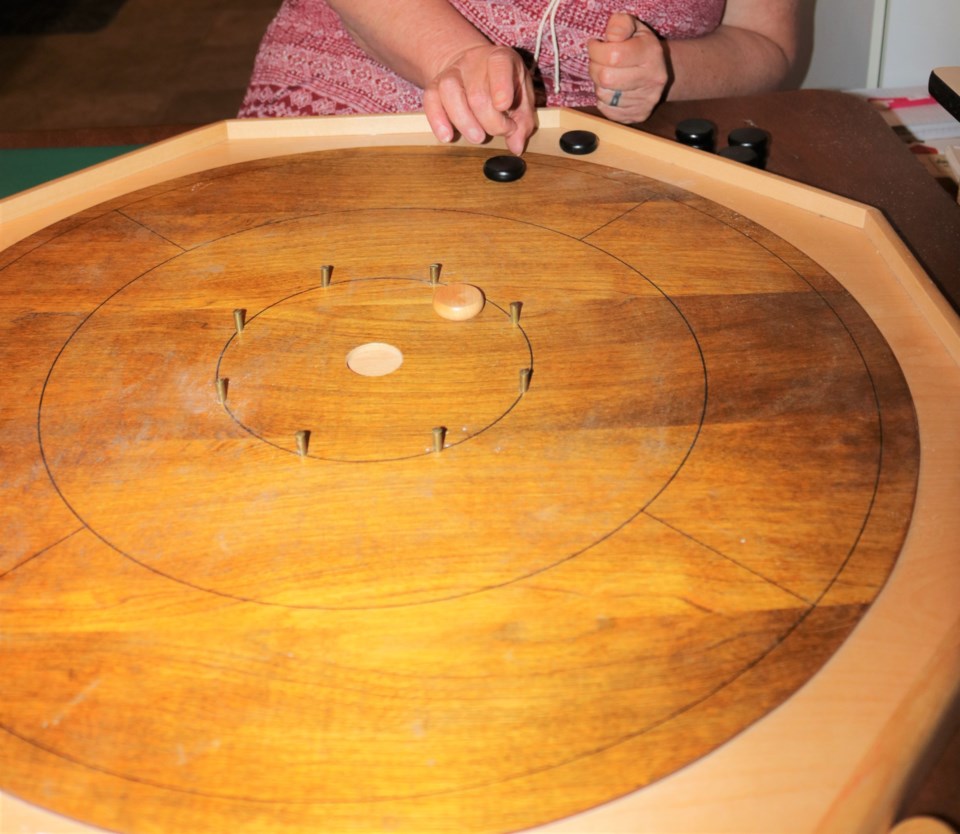Last week, largely because Sept. 24 through Oct. 24, will be Culture Days in Yorkton the column looked at how board games have some cultural relevance depending on the game and the country it was developed, or at least it became popular.
But, what about culturally significant games, from a purely Canadian perspective?
Certainly as a country where most can trace their roots back to immigration from another country, as you might expect that a number of games mentioned last week have a following here. For example, there is the Toronto Xiangqi Association (), which of course promotes play in the popular chess game with its roots in China.
However, are there games we might look at as Canadian?
Well of course there are many games created by, or produced by companies here in Canada. A ‘geeklist’ started for Canadian games lists just shy of 400, and it is no way a definitive list. It is likely the number in a few hundred more – games ranging from the rare and obscure to the rather significant and famous.
Among the games is Black Gold that merits mention here only because the box notes it was created in Rhein, SK., in 1987, although the actual designer’s name was not given.
It is likely there are numerous ‘small print run’ games like this created all across the country but known only to a few.
But, back to games of cultural significance to Canucks, and what those might be?
The most obvious is arguably table hockey, which might not be a surprise given our passion for ice hockey in any form.
“The game of table hockey was invented in 1932, by the Canadian Donald H. Munro Sr., in Toronto,” notes Wikipedia. “Don, like so many Canadians in the depths of the depression, was short of cash for Christmas presents. He had a wife and three young children. That year, the family all pitched in and made the first table hockey game. This mechanical game was built out of scrap wood and metal, and included used coat hanger wire, butcher's twine, clock springs, and lumber from the coal bin.”
I know as a kid one of my best presents ever was a rod hockey game, a descendant of Munro’s very basic design.
Next, I have to mention my all-time favourite game; crokinole.
“Crokinole was invented in the late 19th century in southern Ontario, which remains the game's heartland,” notes an article at . “If you doubt it's Canuck bona fides, consider this: The World Crokinole Championship is held in the town of Tavistock Ontario, in a dried out hockey rink. It's as Canadian as Anne Murray eating a butter tart on the Canadian Pacific Railway. The only way to make it more Canadian would be to combine it with curling, which a group of Manitobans did in 2017, inventing crokicurl.”
Since I love the game, and it is so Canadian the plan is to hold a local crokinole event in conjunction with Culture Days in the city this fall.
Now let’s go back to 1980 for just a moment. Yours truly was just out of high school when a new game hit the market to much fanfare in the media, becoming something of a phenomenon that lasted for years through a multitude of expansions.
Of course we’re talking about Trivial Pursuit.
“The game was created on December 15, 1979, in Montreal by Canadian Chris Haney, a photo editor for Montreal's The Gazette, and Scott Abbott, a sports editor for The Canadian Press,” details Wikipedia. “After finding pieces of their Scrabble game missing, they decided to create their own game. With the help of John Haney and Ed Werner, they completed development of the game, which was released in 1981.”
The game would see more than 100 different editions in different languages printed, and you still see editions at yard sales and thrift stores all the time.
Trivial Pursuit really kick-started a trivia game explosion with a myriad of similar style games created in the wake of its initial success.
While there are other fine Canadian created games; Santorini, Lines of Action, Proteus, The War of 1812, The Last Spike being examples, it is the big three above that seem intrinsically Canadian and the experience of playing them a most Canadian thing to do.




